The Food Policy Leadership Institute (FPLI) at the George Washington University will welcome its first class in September 2017. The FPLI certificate program is tailored for working professionals and designed around the goal of deepening the bench of young leaders ready to carry forward meaningful food and agriculture policy agendas.
The program’s curriculum will be delivered primarily via distance learning but will include regular visits to farms and food processing facilities. Near the conclusion of the program, participants will also travel to Washington, D.C., to interface directly with food policy leaders of all stripes and tour farms and processing facilities along the eastern seaboard. Lead by Professor of Public Policy Kathleen Merrigan, the Institute’s 16-member faculty roster includes lobbyists, CEOs, congressional staff, lawyers, and economists.
According to the FPLI’s leadership, multiple of the existential challenges facing the food system today cannot be solved through individual action or marketplace campaigns alone. Fewer young farmers come from farming backgrounds, agriculture is moving onto rooftops and into buildings, and even in traditional farming communities the pace of change is continuing to accelerate. The FPLI faculty contend that government policy plays a fundamental role in dictating who can tap into resources and for what purposes, who has access to food and of what quality, and how well persistent and historical inequalities are addressed.
Food Tank had the opportunity to talk with Dr. Merrigan, the Executive Director of Sustainability at the George Washington University and the Founder of the Food Policy Leadership Institute. From 2009 to 2013, Dr. Merrigan was U.S. Deputy Secretary and Chief Operating Officer of the U.S. Department of Agriculture (USDA). She wrote the law establishing national standards for organic food. Her prior students have progressed to leadership roles such as the Administrator of the USDA Agricultural Marketing Service (a role Merrigan herself also previously held), heading up sustainability and industry relations at major food companies, and steering investments in climate change at international foundations.
Food Tank (FT): What drove you to sit down at your desk and say “the bench is too shallow, we need to develop a leadership training program?”
Dr. Kathleen Merrigan (KM): The challenges are so great. There’s a growing chorus in support of the kind of change we need in the food system and there’s an unbelievable new interest in food that is wind in the sails for new policy change. But when I look across the spectrum of organizations involved, there are just not enough strong young leaders who have the kind of knowledge base necessary to really make that change. We also need to have a lot more diversity in our leadership circles.
FT: Could you talk about your partners and who you’re excited to have with you at the table and in the (virtual) classroom?
KM: What a fun thing for me—I’ve put together a dream team faculty! We’ve got folks like Bill Gillon at the Cotton Board, with whom I shared an office for years working for Senator Leahy on the Senate Agriculture Committee. Bill helped me draft the Organic Food Production Act. He’s been more involved with traditional agriculture over his career and has spent many years in the cotton industry, so he brings a huge amount of perspective for the fellows in the program. Folks like Walter Robb, who about three-quarters of a year ago exited the position of CEO at Whole Foods Market and who helped build that company to what it is today. He’s a really thoughtful, creative industry leader. To Janie Hipp, who is at the University of Arkansas Law School now and was the head and founder of the Office of Tribal Relations at USDA when I was there. She’s been a really great advocate for Indian Country.
READ MORE

